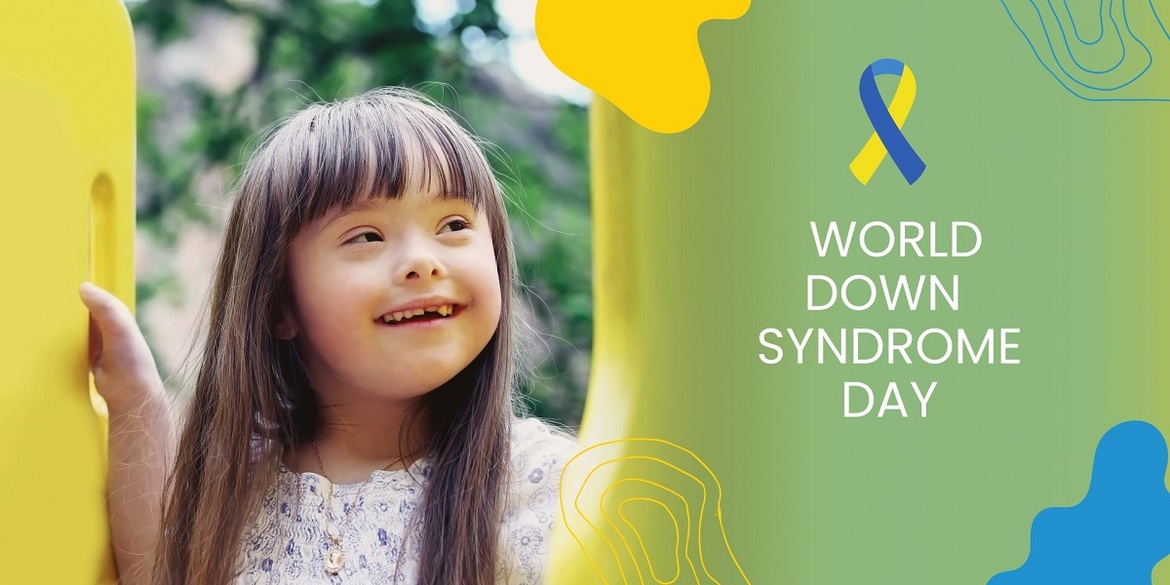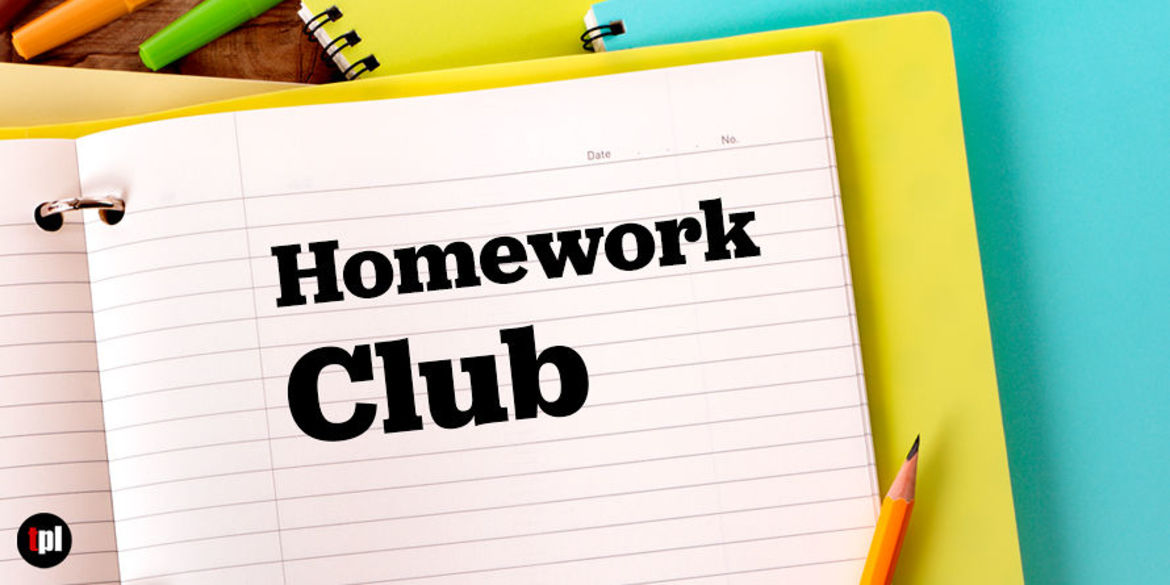World Down Syndrome Day – 21st March

Down syndrome is a condition in which a person has an extra chromosome. Chromosomes are small “packages” of genes in the body. They determine how a baby's body forms and functions as it grows during pregnancy and after birth. Typically, a baby is born with 46 chromosomes.
Even though people with Down syndrome might act and look similar, each person has different abilities. People with Down syndrome usually have an IQ (a measure of intelligence) in the mildly-to-moderately low range and are slower to speak than other children.
Some common physical features of Down syndrome include:
- A flattened face, especially the bridge of the nose
- Almond-shaped eyes that slant up
- A short neck
- Small ears
- A tongue that tends to stick out of the mouth
- Tiny white spots on the iris (coloured part) of the eye
- Small hands and feet
- A single line across the palm of the hand (palmar crease)
- Small pinky fingers that sometimes curve toward the thumb
- Poor muscle tone or loose joints
- Shorter in height as children and adults
What it's like to have Down's syndrome
People with Down's syndrome will have some level of learning disability. This means they'll have a range of abilities.
Some people will be more independent and do things like get a job. Other people might need more regular care.
But, like everyone, people with Down's syndrome have:
- their own personalities
- things they like and dislike
- things that make them who they are

